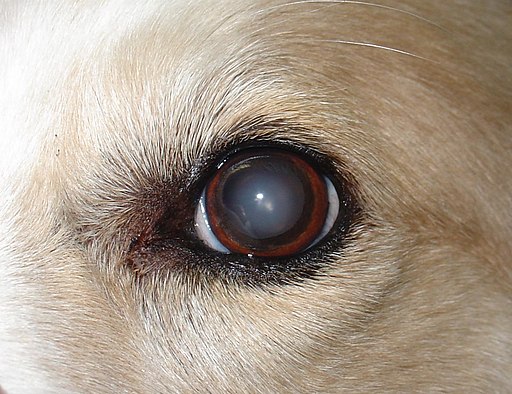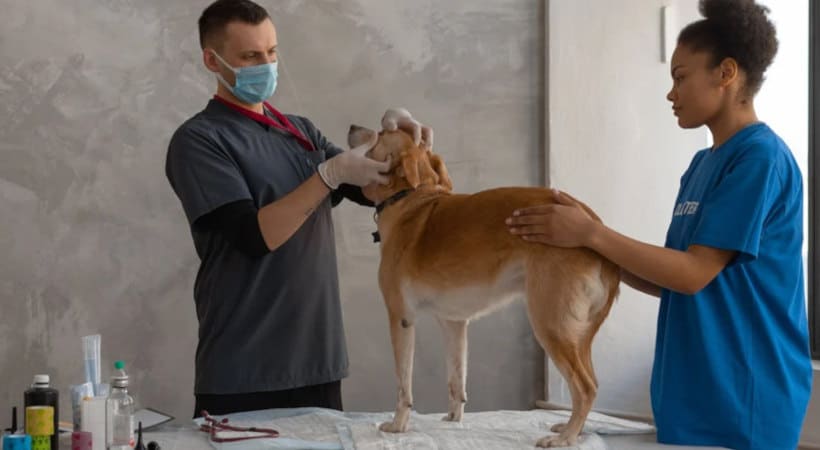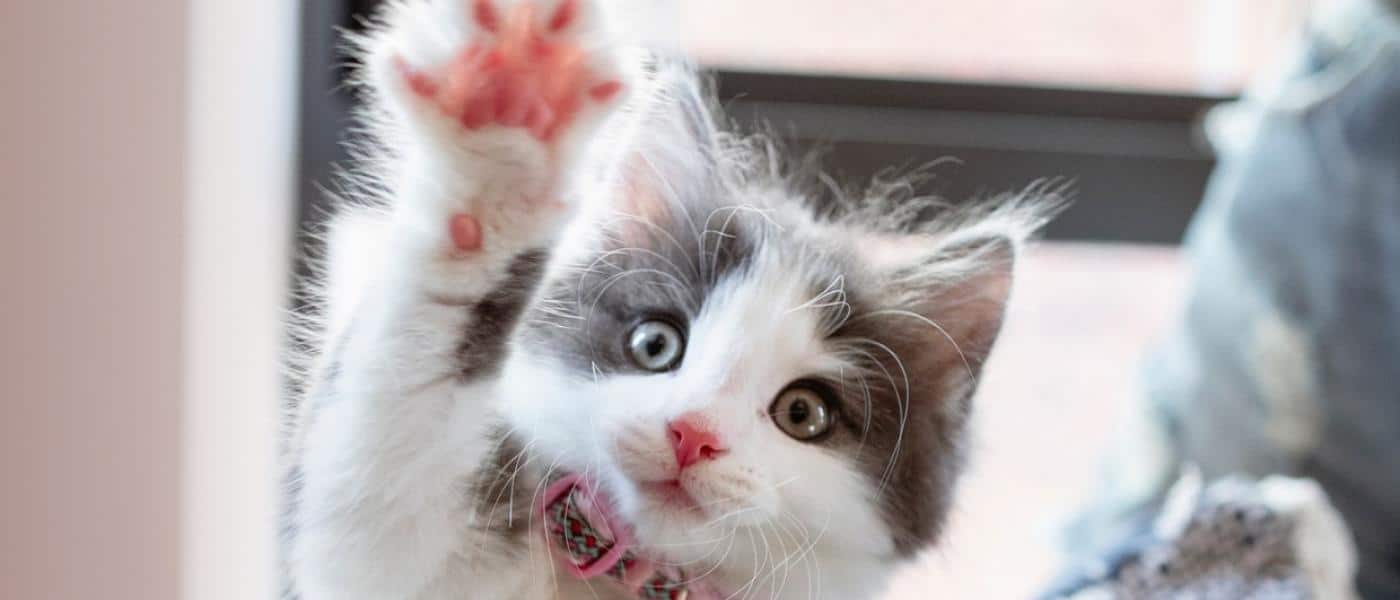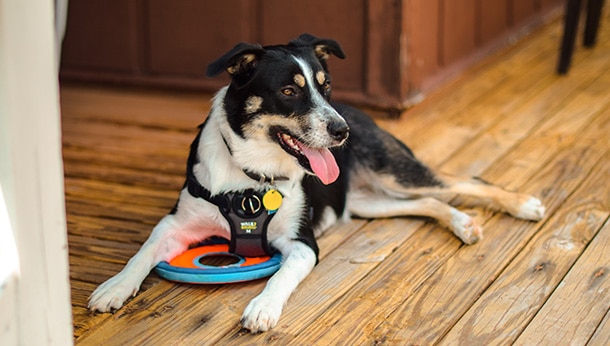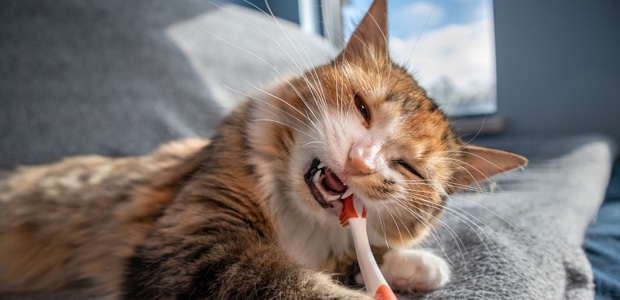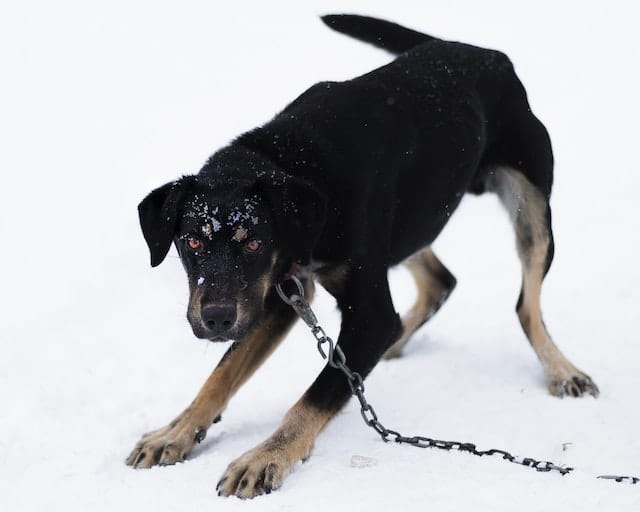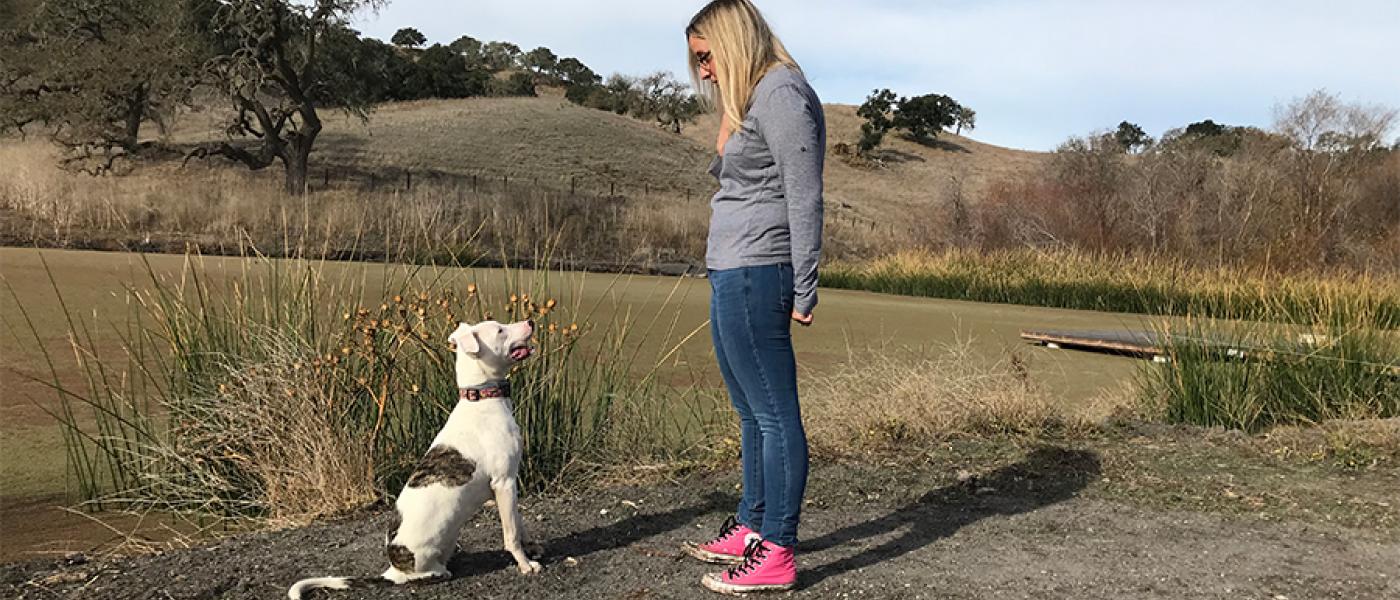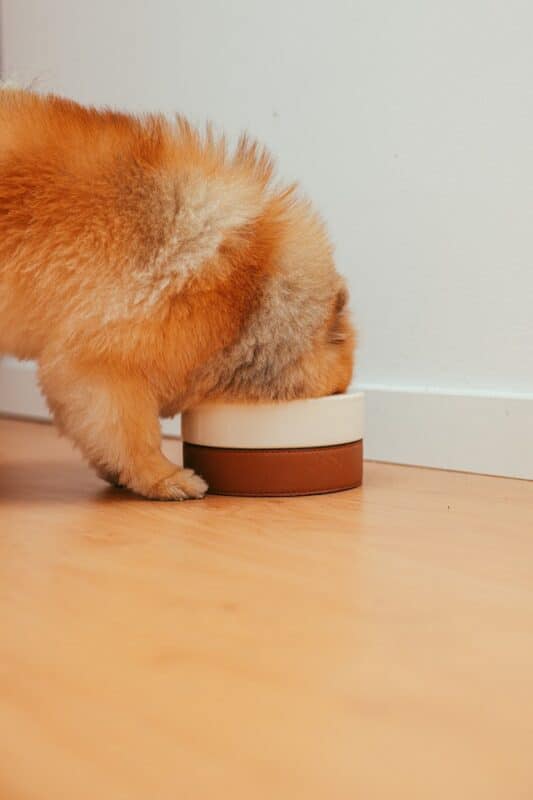What Are Cataracts?
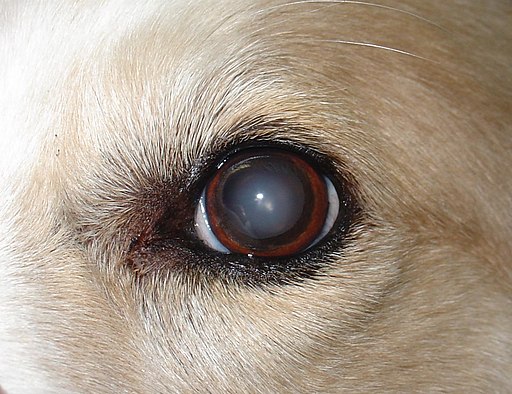
Cataracts are easy to spot because they cause a dog’s eyes to look cloudy instead of bright and clear. The eye looks this way because a cloudy film does indeed develop within the lens of the eye. If left unchecked, the film can grow in size until it covers the entire surface of the lens, leading to severe vision impairment.
While cataracts usually develop in older dogs, they can develop in younger pups as a result of genetics or even medical conditions such as diabetes. If left untreated, cataracts can lead to near blindness.
How are Cataracts in Dogs Treated?
Once cataracts have formed, there is no way to reverse them. Surgery is required to completely remove the cataracts from the dog’s eye. There are eye drops a vet can prescribe to high risk dogs that can reduce their chances of developing cataracts, but there are no options outside of surgery once cataracts have formed.
Your dog will be operated on by a veterinary ophthalmologist who will break up the cloudy portion of the eye and replace the lens with an artificial one that will help your dog see clearly once again. Not only will this surgery restore your dog’s vision, but it will also eliminate future complications that can arise as a result of the initial cataracts.
Does My Dog Need Cataract Surgery?
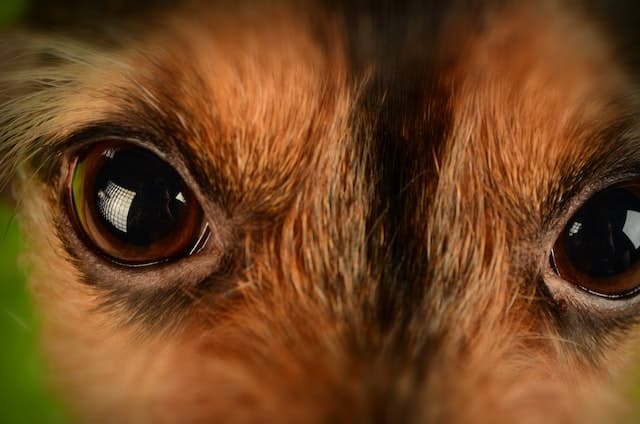
Cataract surgery is common and many dogs benefit from this procedure. If your dog has developed cloudy eyes, there is a chance they are a perfect candidate for surgery.
Having said that, not all dogs make good candidates. Ideally your dog would have no other serious eye conditions or other medical conditions that would make it dangerous for them to go under general anesthesia.
Every dog is different, which is why it’s best to make an appointment with your vet to get your dog checked out. He or she will most likely refer you to a veterinary ophthalmologist who can see if your dog qualifies for the surgery.
Will My Dog’s Eyesight Improve 100%?
Recovery will vary from dog to dog, but roughly 95% of dogs see more clearly as soon as they wake up from the anesthesia. As the weeks go on, their vision will continue to improve.
Of course, you will play a huge role in your dog’s outcome as proper post-op care and long-term management are vital for improved vision. Your vet, along with the veterinary ophthalmologist, will help you understand medications, care, and any post-op complications to watch for.
How Long Will it Take for My Dog to Recover from Cataract Surgery?
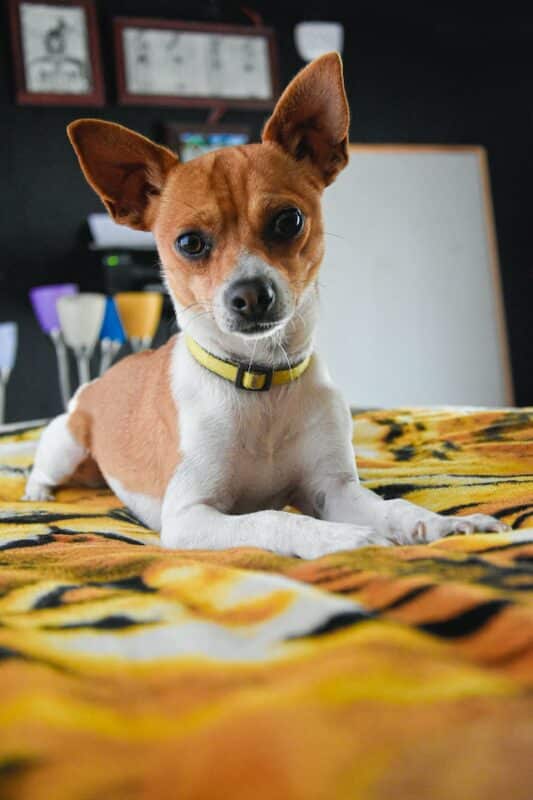
Provided there are no complications post surgery, most pups will recover and be back to their normal routine in 2-3 weeks. Again, each dog is unique, as is their personal medical history, and so recovery times can vary. It’s always best to speak with your vet and the vet who will be performing the procedure and ask as many questions as you need to to fully understand the recovery process.
Dog Cataract Surgery Cost – What to Expect
So at this point you’re probably wondering how much dog cataract surgery costs? The answer to this will rely greatly on where in the country you live. All vet costs, in general, are impacted by zip code. For instance, cataract surgery in a smaller town in Missouri costs less than surgery performed in NYC.
Some specialists may charge $1,500 per eye whereas others may charge $4,000 per eye. Other things that impact price are how severe your dog’s cataracts are and if they have any other medical complications.
Can Pet Insurance Help with the Cost of Cataract Surgery?
Watching our pups deal with a medical condition is hard enough. Wondering if we can afford to get them proper medical care is almost unbearable. If you’ve been there, you know.
Enrolling your pup into a pet health insurance plan is a great idea. This ensures your fur baby gets the treatment they need and gives you peace of mind.
If you’re just now noticing a cloudy film developing in your pup’s eyes and are wondering how you would pay for a surgery that could cost upwards of $8,000 in the future, consider enrolling them into a plan ASAP. You can start by getting a free customized quote.

